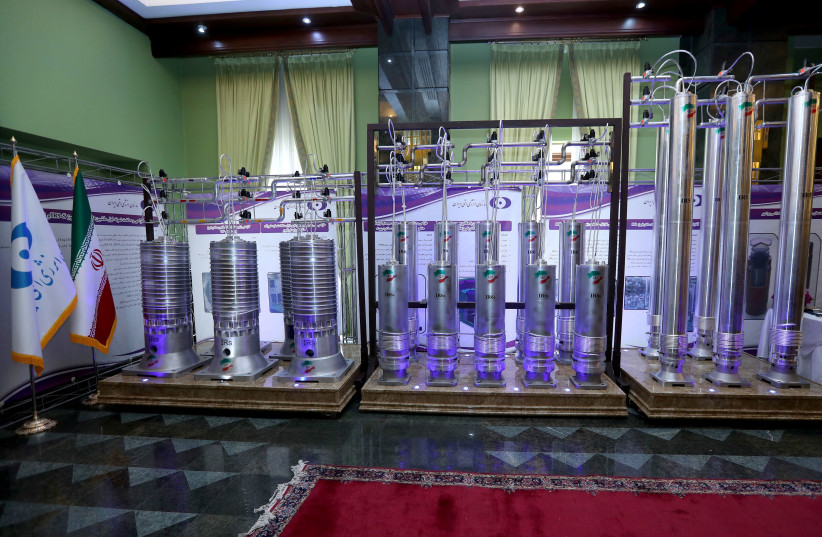The US is "not sure" what Russia is planning with its buildup of forces on the Ukrainian border, US Secretary of Defense Lloyd Austin said during a press briefing on Wednesday.
"We continue to see troubling behavior from Russia," said Austin, pointing to the buildup of Russian forces on the border with Ukraine and a recent anti-satellite missile test by Russia.
Austin stated that the US is watching the buildup of Russian forces on the border with Ukraine "very closely" and that he was in close contact with United States European Command (EUCOM).
"The truth is...we're not sure exactly what Mr. [Vladimir] Putin is up to, but these movements certainly have our attention," said Austin. "I would urge Russia to be more transparent about what they're up to and to take steps to live up to the Minsk Agreement. Our support for Ukraine's sovereignty and territorial integrity remains unwavering."
The Minsk agreements were signed in order to end the fighting in the Donbas region of Ukraine in 2015.

Concerning Iran, Austin stressed that the US remains "deeply committed" to preventing Iran from gaining nuclear weapons. "No problem in the Middle East gets easier to solve with a nuclear-armed Iran," said the secretary of defense.
"We fully support the President’s efforts to achieve a new diplomatic agreement with Iran over its nuclear program," said Austin. "But, of course, Iran presents serious security challenges that extend beyond that program."
The secretary of defense stressed "we will defend ourselves, our partners, and our interests against threats from Iran or its proxies."
In response to question about recent incidents reported between the US Navy and Iranian forces, Austin stated that the US continues to see "unsafe and unprofessional actions" in the Persian Gulf, stressing "we won't hesitate to defend ourselves and our partners and -- and we're committed to that. We have a capability for that."
Austin updated that he would be speaking at the Manama Dialogue summit during his visit to Bahrain later this week. The secretary of defense is also set to visit the United Arab Emirates (UAE) during his trip.
Austin stressed that the US is "deeply committed" to the security of the Middle East and is continuing to strengthen its partnerships in the region.
The secretary of defense added that many of the most pressing security challenges, in both the Middle East and elsewhere, transcend borders, saying "we must meet these shared threats with shared solutions, in lockstep with our friends… who also come to the table with formidable capabilities."
Austin expressed gratitude to the UAE and other countries for helping evacuate over 124,000 people from Afghanistan as the US pulled out of the country.
During the briefing, Austin also referred to a report by The New York Times concerning civilian casualties caused by US airstrikes, saying that the military was investigating the issue and working to implement better practices to avoid civilian casualties.
"The American people deserve to know that we take this issue very seriously … and that we are committed to protecting civilians and getting this right, both in terms of how we execute missions on their behalf and how we talk about them afterward," said Austin. "We have more work to do in that regard, clearly."
